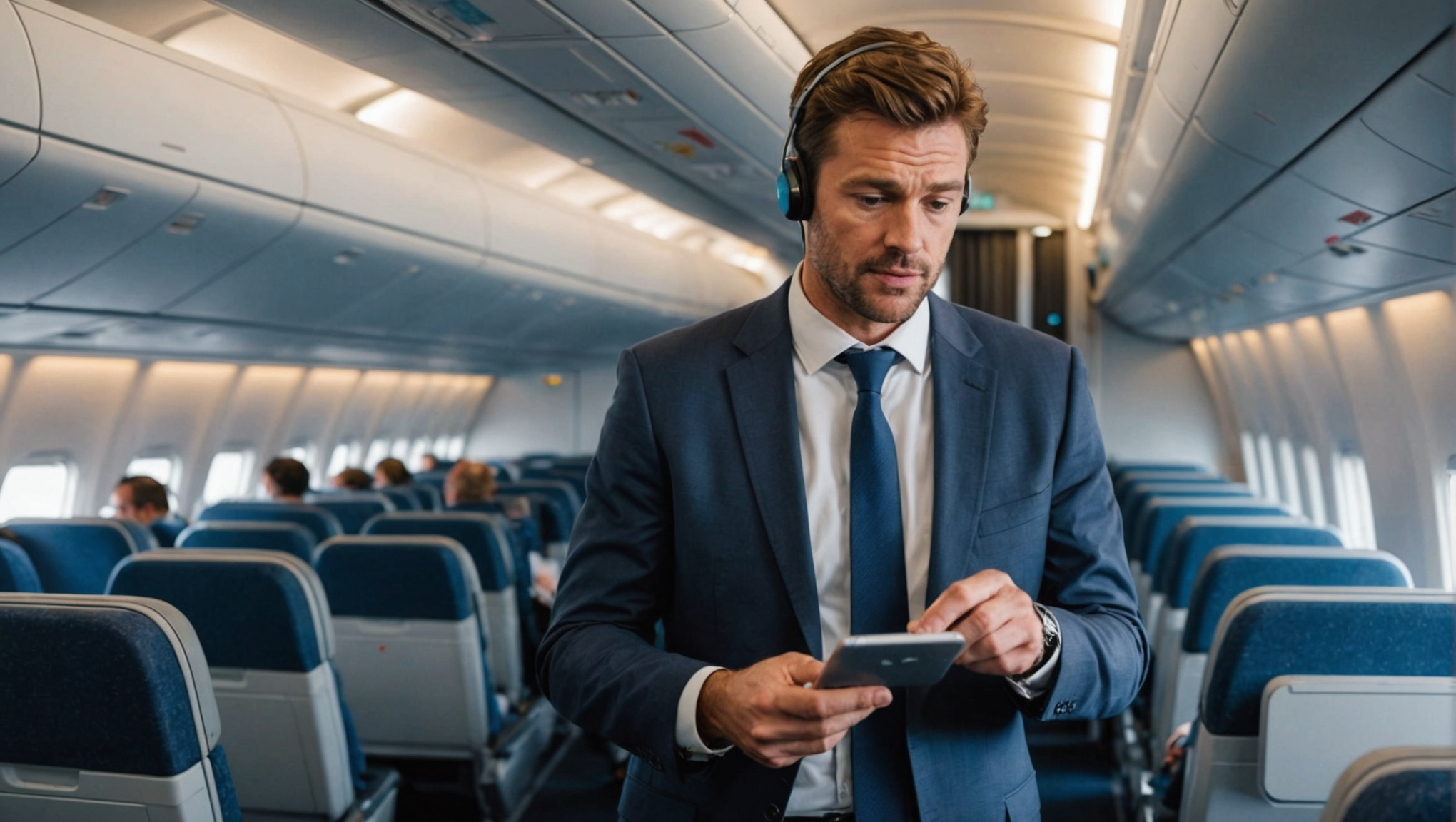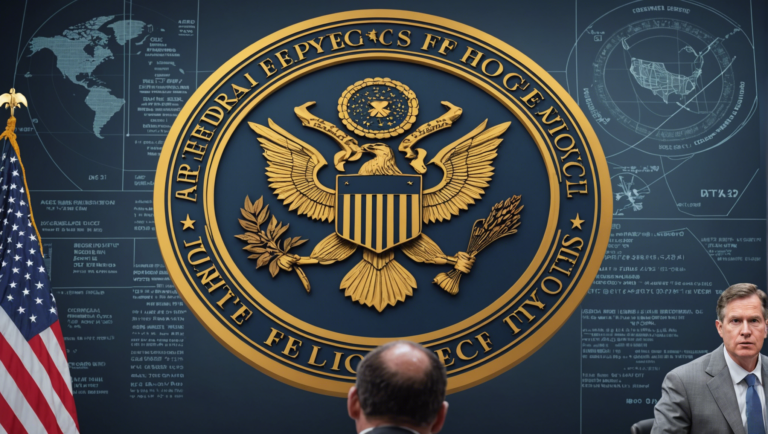Did This Australian Man Really Pull Off a Wi-Fi Scam on Domestic Flights?
In recent news, an Australian man has been accused of orchestrating a sophisticated Wi-Fi scam on domestic flights. Allegations suggest that he may have found a way to exploit in-flight Wi-Fi systems for personal gain. But is this just a headline-grabbing story, or is there more to uncover behind the scenes? Let’s delve into the details and separate fact from fiction.
An Alleged Wi-Fi Scam Unfolds in Australia
A 42-year-old Australian man has been charged with orchestrating a fraudulent Wi-Fi access point scheme during a domestic flight. According to the Australian Federal Police (AFP), the suspect allegedly created fake Wi-Fi access points, which mimicked legitimate networks, to ensnare unsuspecting users and steal their personal data.
The Modus Operandi: Evil Twin Attack
The man’s actions involved setting up what is known as an evil twin Wi-Fi attack. This technique entails creating a wireless network that looks identical to a legitimate one. Unsuspecting travelers connected to these fraudulent networks, thinking they were safe. Upon connecting, victims were prompted to enter their email addresses or social media credentials through a captive portal web page.
The Investigation and Arrest
The scheme was uncovered in April 2024 when an airline reported a suspicious Wi-Fi network detected by its employees during a flight. The AFP launched an investigation, leading to a search of the suspect’s baggage where they seized a portable wireless access device, a laptop, and a mobile phone.
On May 8, following a search warrant executed at the suspect’s home, the man was arrested. The AFP revealed that the suspect had perpetrated similar attacks in various locations, including domestic flights and airports in Perth, Melbourne, and Adelaide.
The Charges and Potential Consequences
The man faces multiple charges, including:
- Three counts of unauthorized impairment of electronic communication
- Three counts of possession or control of data with intent to commit a serious offense
- Unauthorized access or modification of restricted data
- Dishonestly obtaining or dealing in personal financial information
- Possession of identification information
If convicted, the accused could face up to a maximum of 23 years in prison. The AFP’s Cybercrime Detective, Andrea Coleman, emphasized the importance of using Virtual Private Networks (VPNs) to secure data when using public Wi-Fi networks, advising users to be cautious about networks that require personal details for access.
Staying Safe While Traveling
The AFP suggests the following tips for travelers using public Wi-Fi:
- Avoid connecting to networks that require personal information such as email addresses or social media logins.
- Use a reputable VPN to encrypt your data and enhance security.
- Be vigilant and report any suspicious networks to relevant authorities.
These guidelines aim to protect individuals from falling victim to similar scams and ensure safer internet usage during travel.
Found this article interesting? Follow us on Twitter and LinkedIn to read more exclusive content we post.
Source: thehackernews.com







